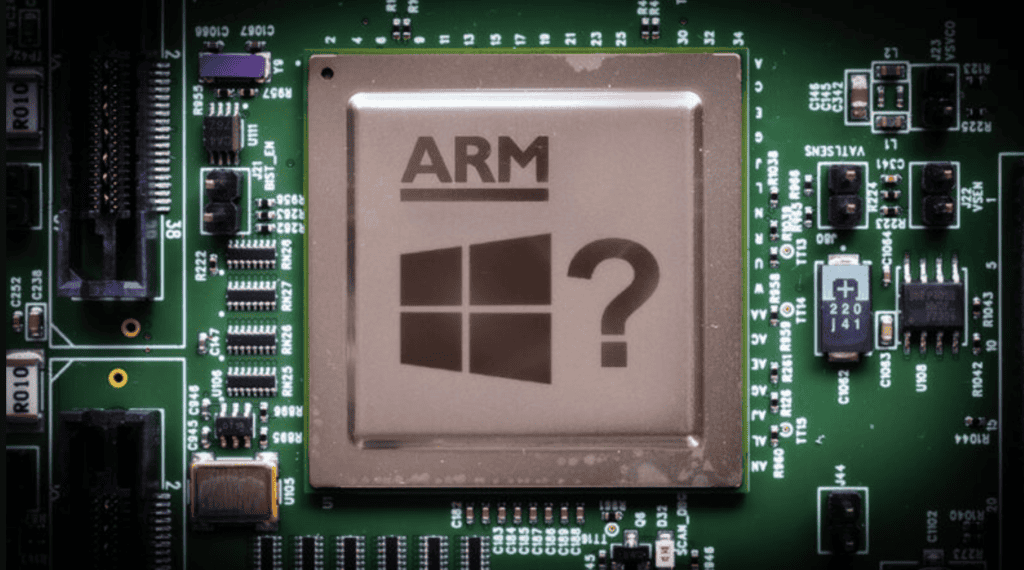
This afternoon, Bloomberg reported that Microsoft is in the process of developing its own ARM CPU designs, following in the footsteps of Apple’s M1 mobile CPU and Amazon’s Graviton datacenter CPU.
Bloomberg cites off-record conversations with Microsoft employees who didn’t want to be named. These sources said that Microsoft is currently developing an ARM processor for datacenter use and exploring the possibility of another for its Surface line of mobile PCs.
Bloomberg’s sources paint the datacenter part as “more likely” and a Surface part as “possible.” This seems plausible, given that Microsoft’s chip design unit reports to the Azure cloud VP, with no direct reporting ties to the Surface division. Microsoft declined to comment on any specific plans, saying only that it “[continues] to invest in our own capabilities in areas like design, manufacturing and tools, while also fostering and strengthening partnerships with a wide range of chip providers.”
Given Microsoft’s deep partnerships with Intel, AMD, and now Qualcomm, this would be a sensitive topic for the software giant. With nothing more than anonymous sources to go on, it’s a little early to be certain what, exactly, Microsoft plans to get out of its silicon research. Microsoft could still be simply co-developing designs with existing hardware partners like Qualcomm, the way it already has with the SQ1 and SQ2 processors in Surface Pro X.
If Microsoft does follow Apple’s and Amazon’s lead in designing its own custom ARM processors, it stands potentially to shorten its supply chain and add another source of profit—but depending on scale, fabrication of the new designs could prove to be a stumbling block.
Even if Bloomberg’s report proves 100 percent accurate, the end result is likely to follow Amazon’s lead much more closely than Apple’s. Although Amazon tightened its supply chain by producing its own Graviton hardware, its software ecosystem remains open—without solid Linux operating system support, a server’s future in a datacenter is very poor indeed. Microsoft would face the same challenges with a datacenter-focused product, and for the same reasons—although the “less likely” Surface ecosystem would be considerably less constrained.
We have reached out to Microsoft for comment, and we’ll update this story with any new information as it arrives.





























